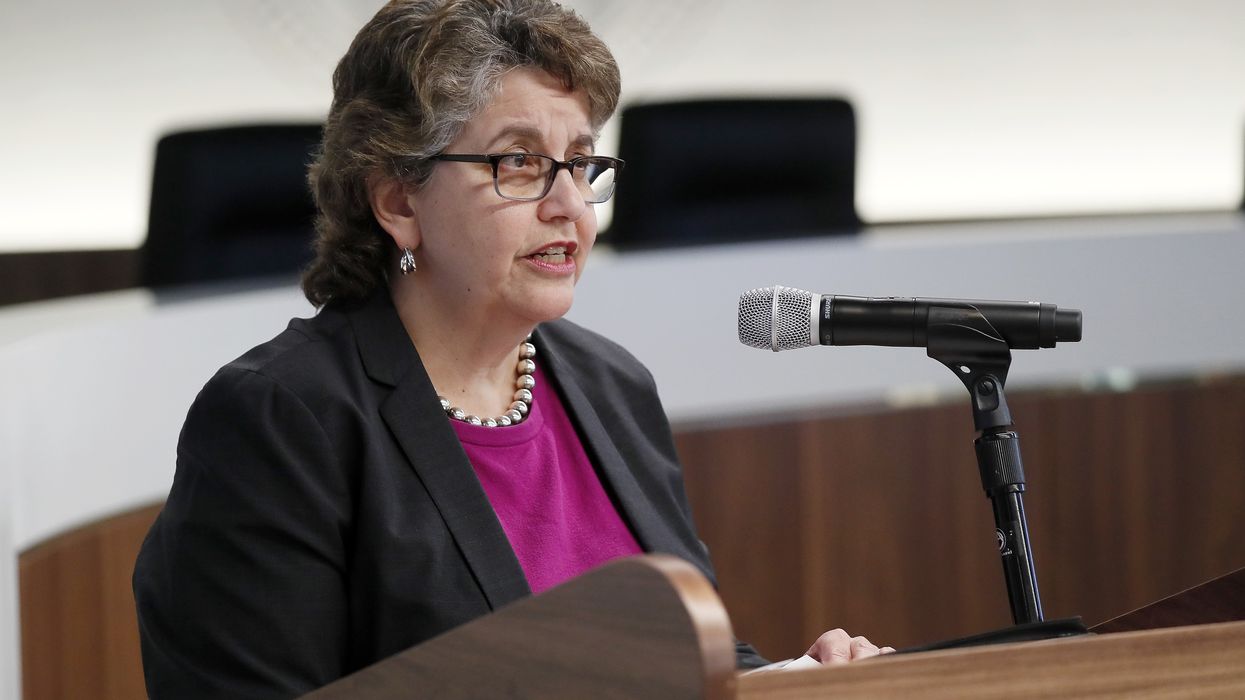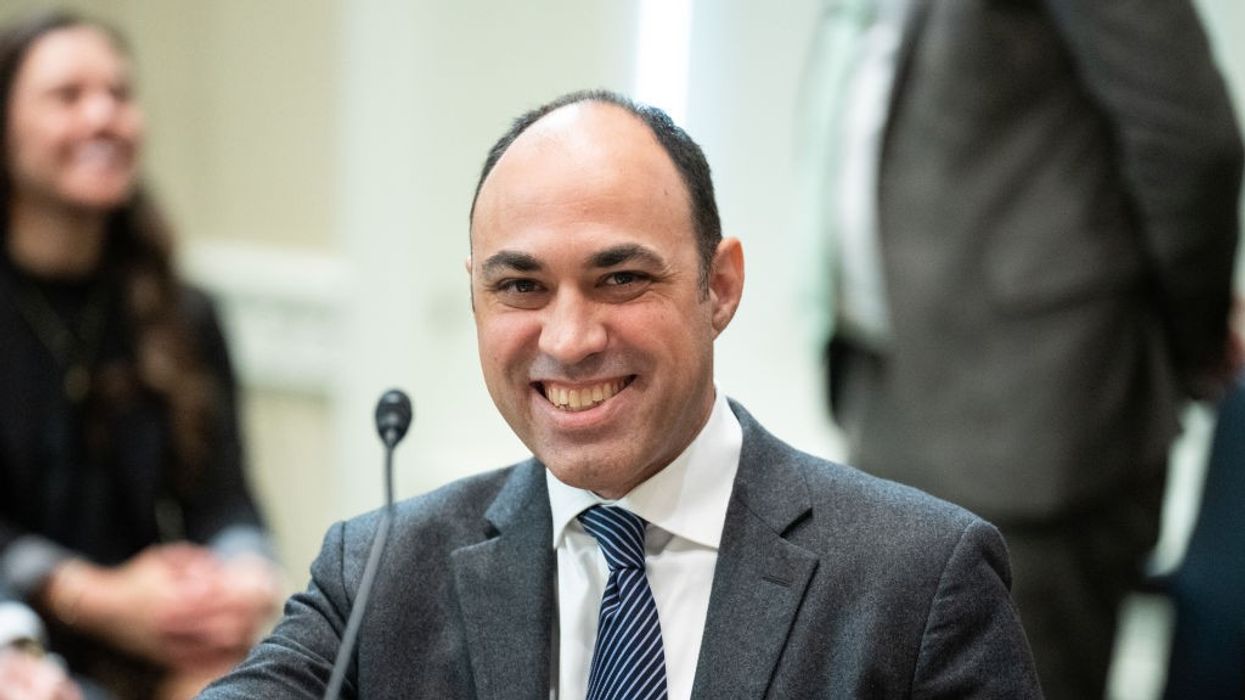'This Isn't It': FEC Chair Refuses Firing Attempt by Trump, Calling It Illegal
"I've been lucky to serve the American people and stir up some good trouble along the way. That's not changing anytime soon," Commissioner Ellen Weintraub wrote.
Federal Elections Commission Commissioner and Chair Ellen Weintraub said Thursday that U.S. President Donald Trump moved to fire her from the commission, but indicated she won't comply and called the directive legally invalid.
Weintraub shared a letter on X that read: "You are hereby removed as a member of the Federal Election Commission, effective immediately. Thank you for your service on the Commission," and appears to have Trump's signature below it. The letter is dated January 31, but in her accompanying post Weintraub said that she received the letter on Thursday.
"There's a legal way to replace FEC commissioners—this isn't it. I've been lucky to serve the American people and stir up some good trouble along the way. That's not changing anytime soon," wrote Weintraub, who has served as a commissioner at the independent regulatory agency that enforces federal campaign finance law since 2002. She was elected to chair the commission for 2025.
The FEC is headed by six commissioners and the body must have at least four in order to have a quorum. FEC commissioners are appointed by the president and confirmed by the Senate, and the Federal Election Campaign Act establishes six-year terms for commission members. However, commissioners can continue in their positions after those terms end in "holdover" status until the president nominates and the Senate confirms a replacement commissioner, according to the Congressional Research Service.
This is the case with Weintraub, who's term expired in 2007, and has remained on since in holdover status. Weintraub has also been the chief strategist behind a maneuver from the Democratic commissioners to force more deadlock on the commission in order to compel federal courts to step in and police federal election law, according to The New York Times.
"In the entire history of the bipartisan FEC no president has ever removed a commissioner from the opposing party without nominating a successor recommended by that party's leaders in Congress," wrote Daniel Weiner, the director of the Elections and Government Program at the Brennan Center policy institute. "This is an extraordinary break from that history, and there are strong arguments that it violates long-established federal law governing independent agencies."
Trevor Potter, Republican former chair of the FEC and the current president of Campaign Legal Center, said in a statement Thursday that Congress intentionally did not grant the president powers to remove FEC commissioners.
"With multiple FEC commissioners serving on expired terms and one vacant seat, Trump is free to nominate multiple new commissioners and to allow Congress to perform its constitutional role of advice and consent," he wrote.
He added: "It's contrary to law that he has instead opted to claim to 'fire' a single Democratic commissioner who has been an outspoken critic of the president's lawbreaking and of the FEC's failure to hold him accountable."
In 2020, Weintraub authored a long social media thread aimed at debunking some of Trump's claims around alleged vote-by-mail voter fraud.
Weintraub also told The New York Times that she thinks her public statements regarding FEC complaints focused on Trump's presidential campaigns may be why she's in the president's crosshairs.


